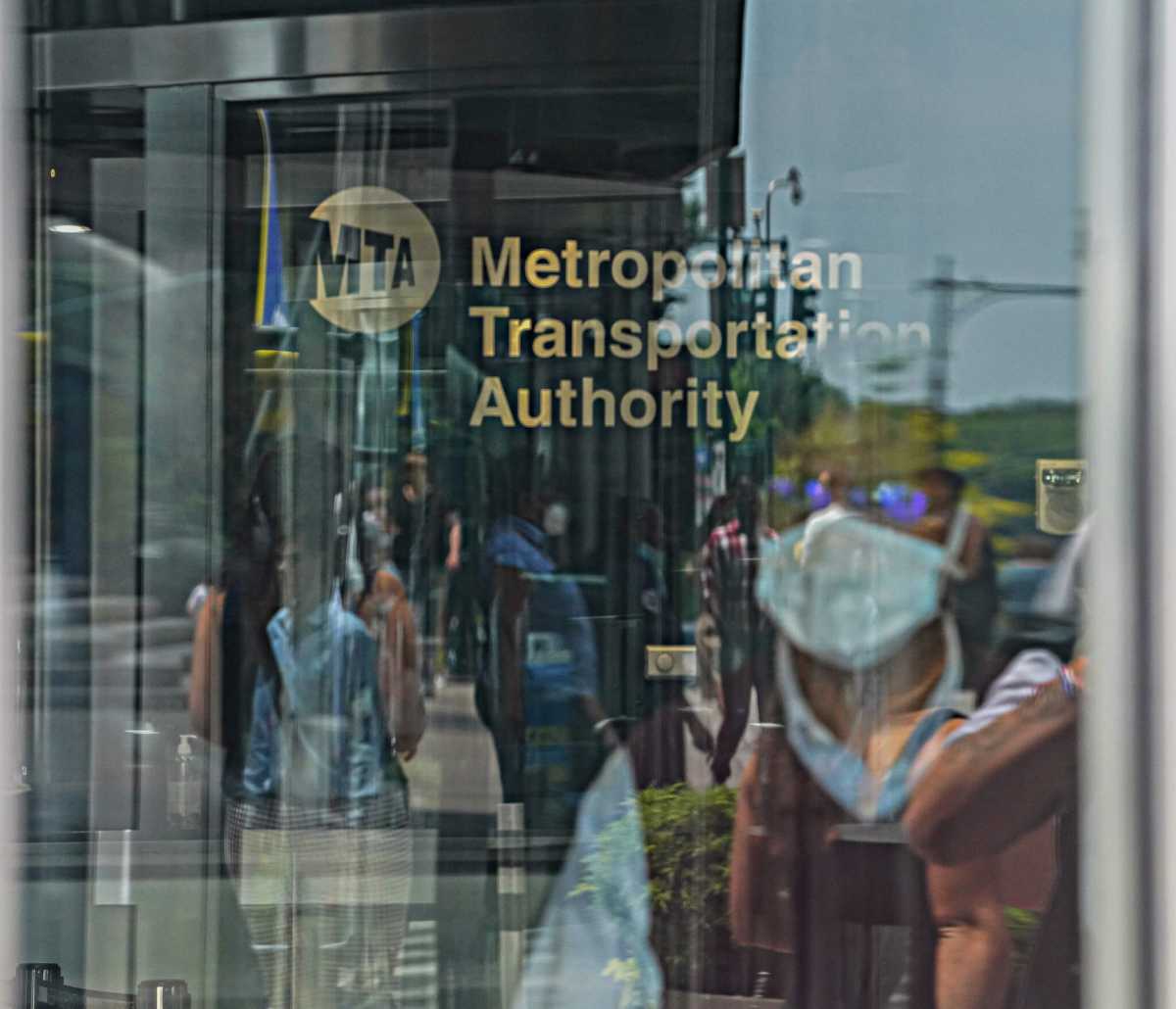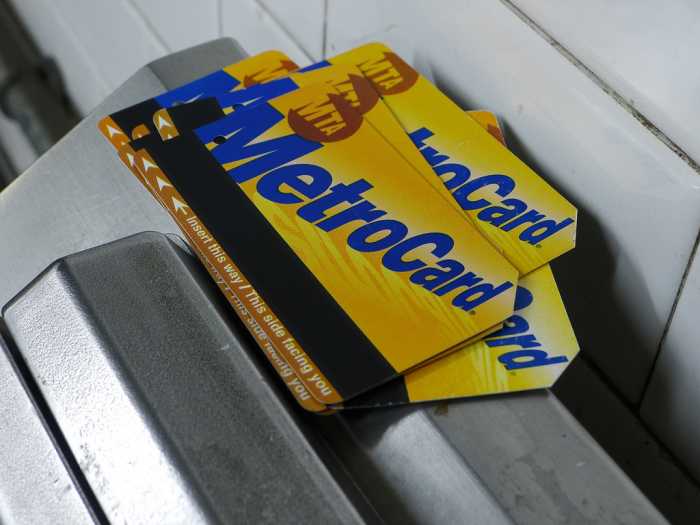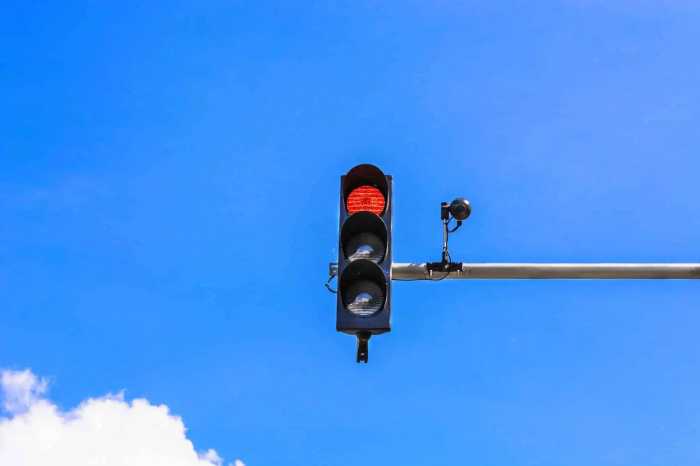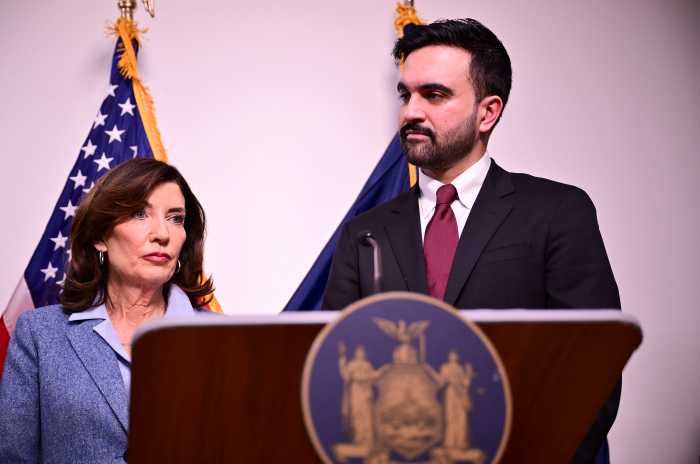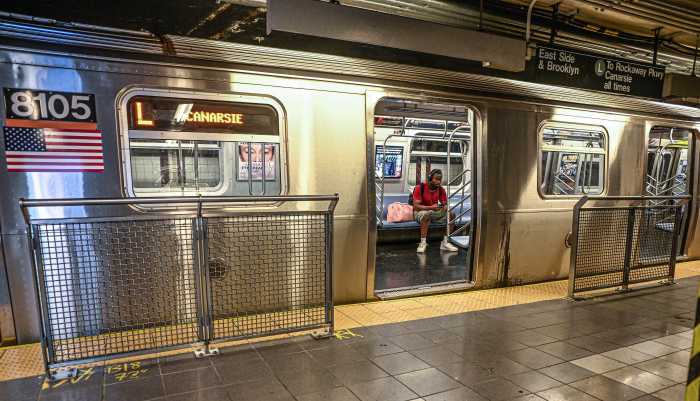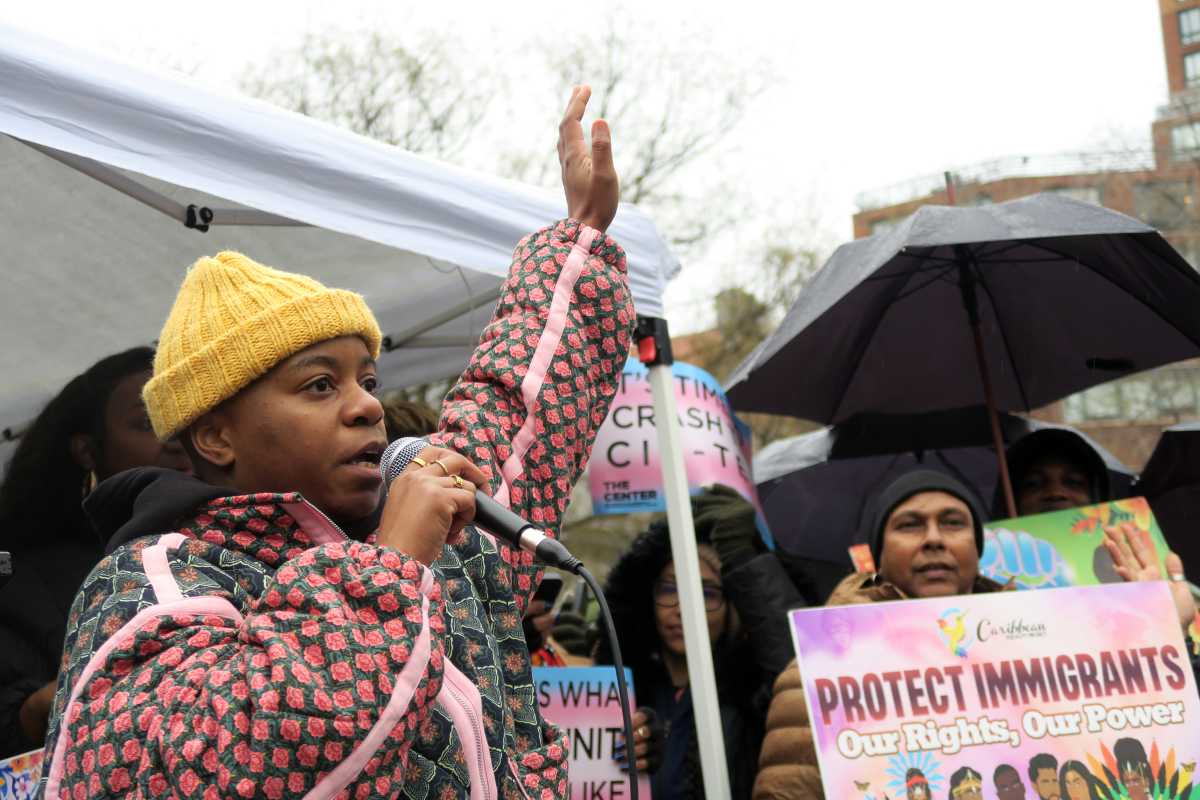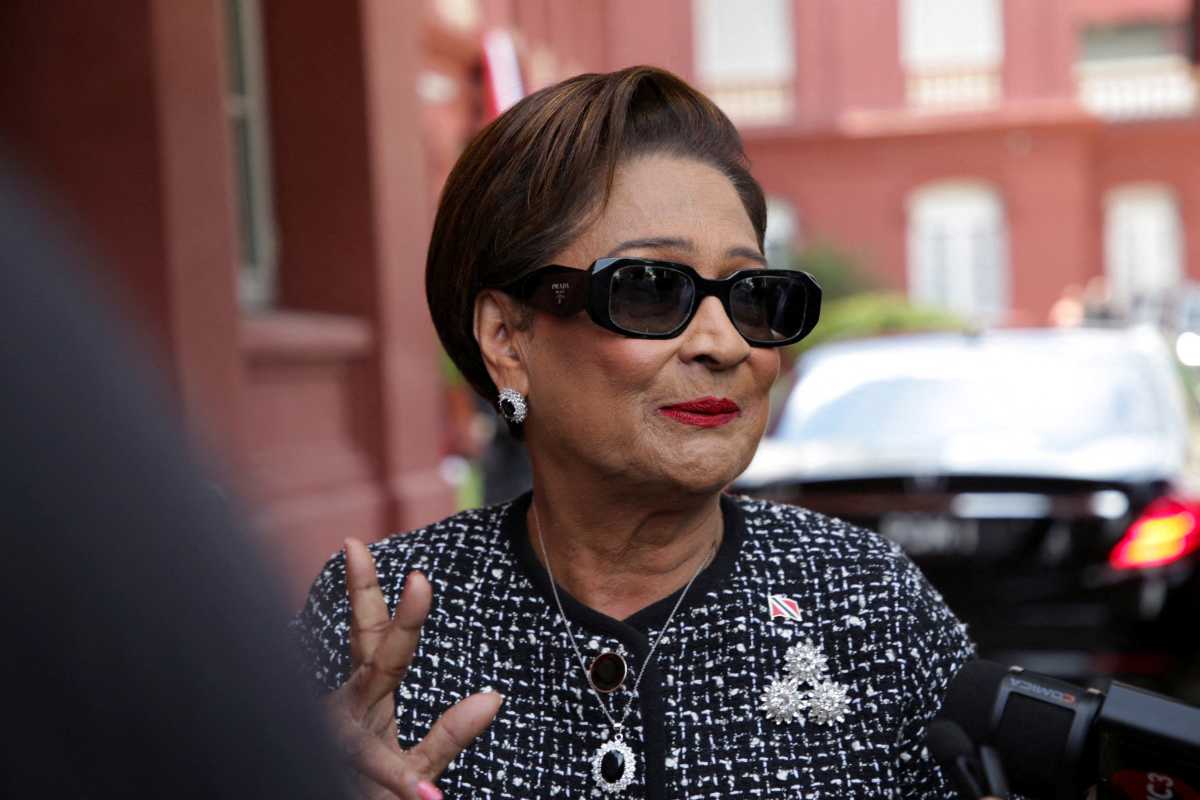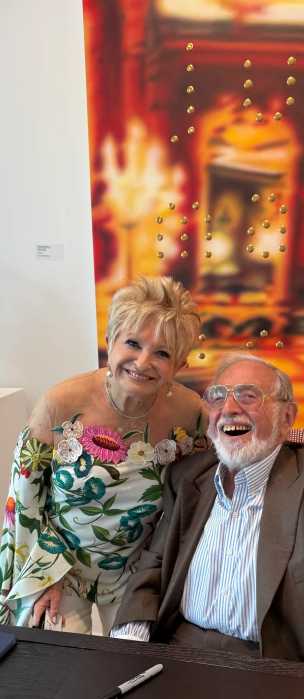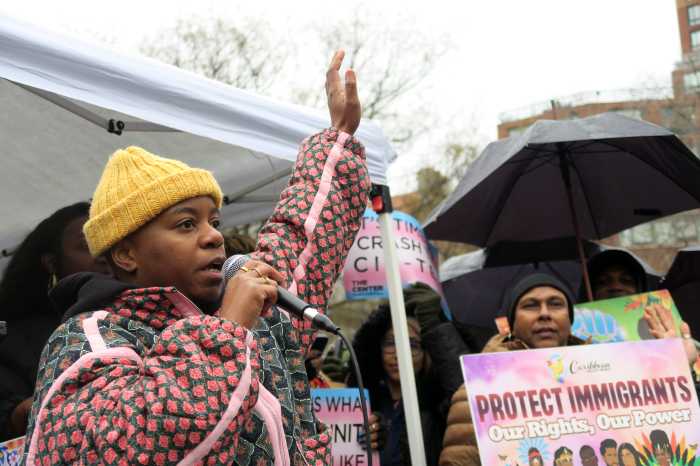Metropolitan Transportation Authority office staff will be allowed to work from home at least one day a week starting this summer, amNewYork Metro has learned.
The MTA will test a so-called telework program for six months and then decide whether to continue the remote policy or expand it to two days a week, according to an email from an agency executive to employees obtained by amNewYork Metro.
“An MTA working group has been meeting regularly to explore the implementation of an MTA Telework Program for non-represented managers and non-represented employees,” reads the memo sent out Friday, June 10, by MTA’s Chief Administrative Officer Lisette Camilo. “As a result of these discussions, a pilot Telework Program will kick off this summer.”
The agency will provide more details on the pilot later this month, Camilo added.
Most of MTA’s more than 67,000 employees have to work in-person to run the trains and buses of the agency’s sprawling mass transit system, but the policy would affect about 5,000 workers, according to agency spokesperson Kayla Shults.
“This telework pilot program would apply to approximately 7% of MTA employees and is designed to evaluate the productivity of hybrid scheduling for a small part of the workforce, while remaining competitive in recruiting top tier talent,” Shults said in a statement. “We continue to encourage employers to bring workers back to the office and to public transit wherever possible as the MTA did in returning its workforce to in-person jobs last winter.”
The new scheme is in response to employees asking for a flexible regime after more than two years of the COVID-19 pandemic upending the traditional office workflow.
“For the relatively small group of office-based staff who work hard to support our frontline colleagues, we’ve also heard from you about your desire for more flexible workplace initiatives and we want to be responsive to your needs while ensuring we are working productively and providing the highest level of support to our operations,” Camilo’s email reads.
The move also comes on the heels of the state-controlled MTA getting rid of its weekly testing requirement for employees that refused to get vaccinated against the coronavirus — which amNewYork Metro first reported Tuesday.
Shults said the policy had no relation to the agency lifting its vaccine-or-testing regime.
MTA workers that want to take part in the one-day remote pilot have to be non-unionized, perform duties that are “conducive to teleworking,” and have been on the job at least 30 calendar days.
They’ll also need a sign-off from their manager and agree to use “a tool” to “measure work activity,” while maintaining a satisfactory or higher performance without disciplinary actions against them, Camilo wrote.
Shults did not specify what that tool will be.
One MTA employee, who asked to remain anonymous so they could speak freely, welcomed the change, saying they had proven they were able to do the work from home for months earlier on during the pandemic.
“We’ve shown for the past two years that we’re able to do the work remotely,” the employee told amNewYork Metro. “We’ve done it before, we can do it again.”
The agency required workers come back to the office five days a week in mid-February, after MTA allowed a hybrid schedule from Dec. 19 on to slow the spread of the Omicron variant, Shults said.
The worker added that the remote option will keep staff happy and prevent them from ditching the state agency for the private sector, where hybrid schedules have become commonplace.
“It’s gonna be important to have people want to come to the MTA and for people to want to stay in their jobs,” the person said. “Because you can go anywhere and work in a hybrid environment now, so it makes sense to be able to do it in government as well.”
In contrast, New York City government under Mayor Eric Adams has stuck to a strict five-day in-person policy, aiming to set an example for other companies to lure their workforce back into Manhattan’s central business districts.
But the move by Adams has also led to public sector workers leaving in droves, even as higher-ups on city boards and commissions get to still meet virtually citing safety concerns from the spread of the virus.
Mayoral spokesperson Fabien Levy referred a request for comment to Adams’s statements earlier this month, when hizzoner said the city may allow some flexibility in the future.
“There’s gonna come a time we may say that, you know, one day a week, we may do some type of different version,” Adams told reporters on June 1. “Post-COVID is a different environment, but you’re not going to be home for five days a week, unless there are some circumstances that require that.”
State agencies have been able to decide since last year whether they wanted to allow employees to work remotely for some portion of the week, according to Erin McCarthy, a spokesperson for the Governor’s Office of Employee Relations.
The vast majority of New Yorkers said they did not want to return to the office five days a week, with 82% of respondents to a recent poll by NY1 and Siena College saying the would prefer working from home between one and five days. Less than one-in-five (17%) said they wanted to come back every day of the workweek.
Earlier this year, MTA leaders had banked on a full return to the office to bring back mass transit ridership, but weekday trips have remained at just below 60% of pre-pandemic levels, according to the latest agency counts from last week.
Read more: Taxi Workers Alliance Sues NYC TLC Over License Suspensions



